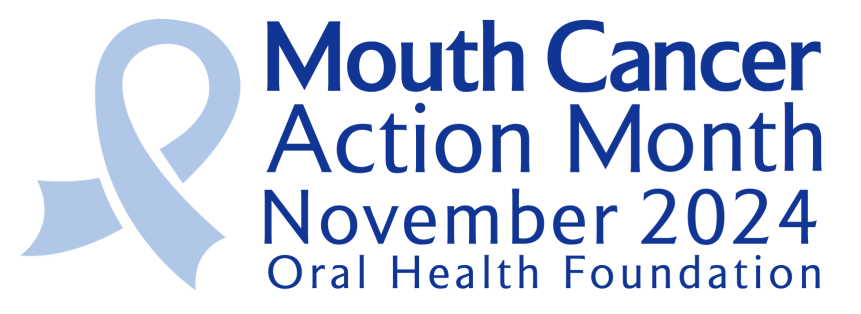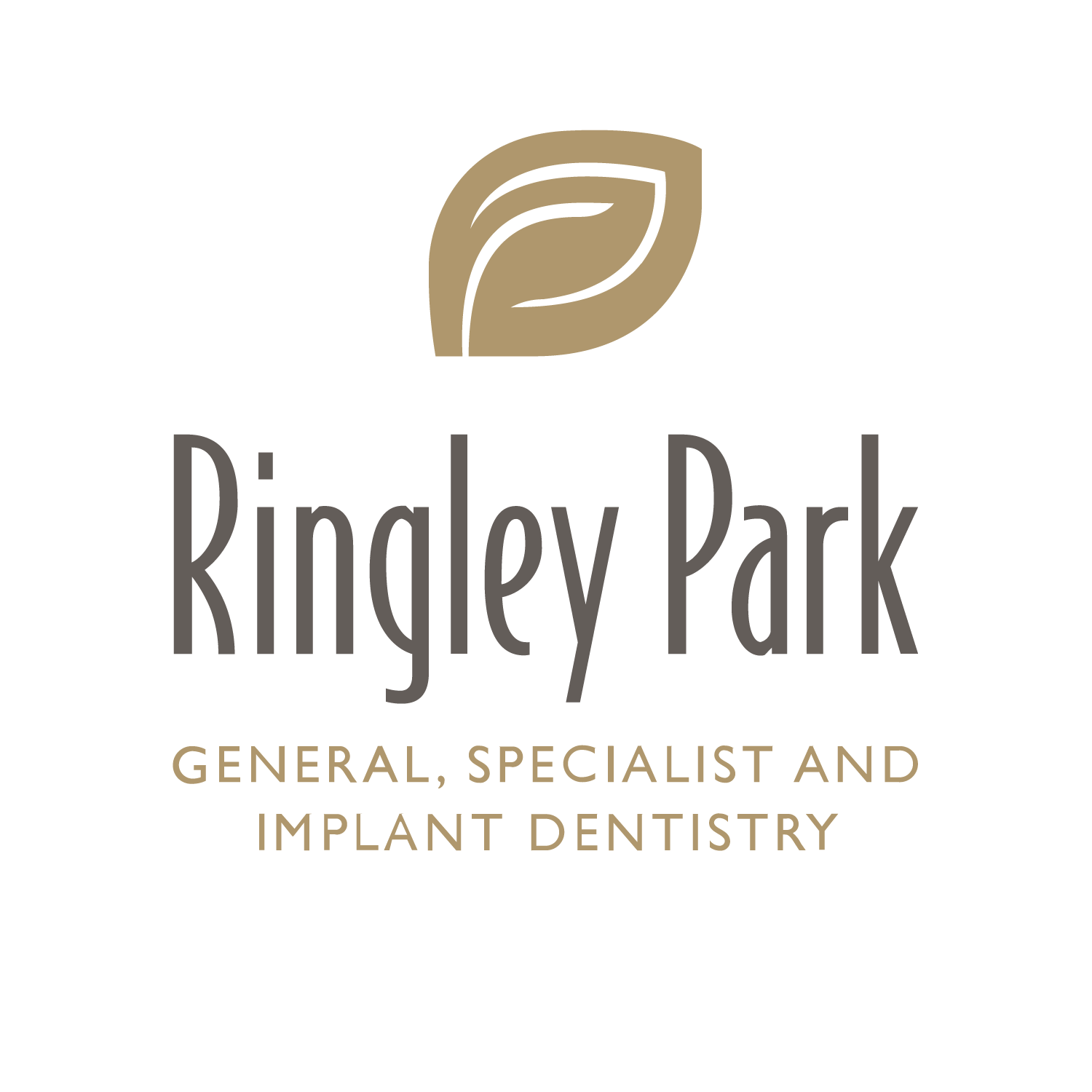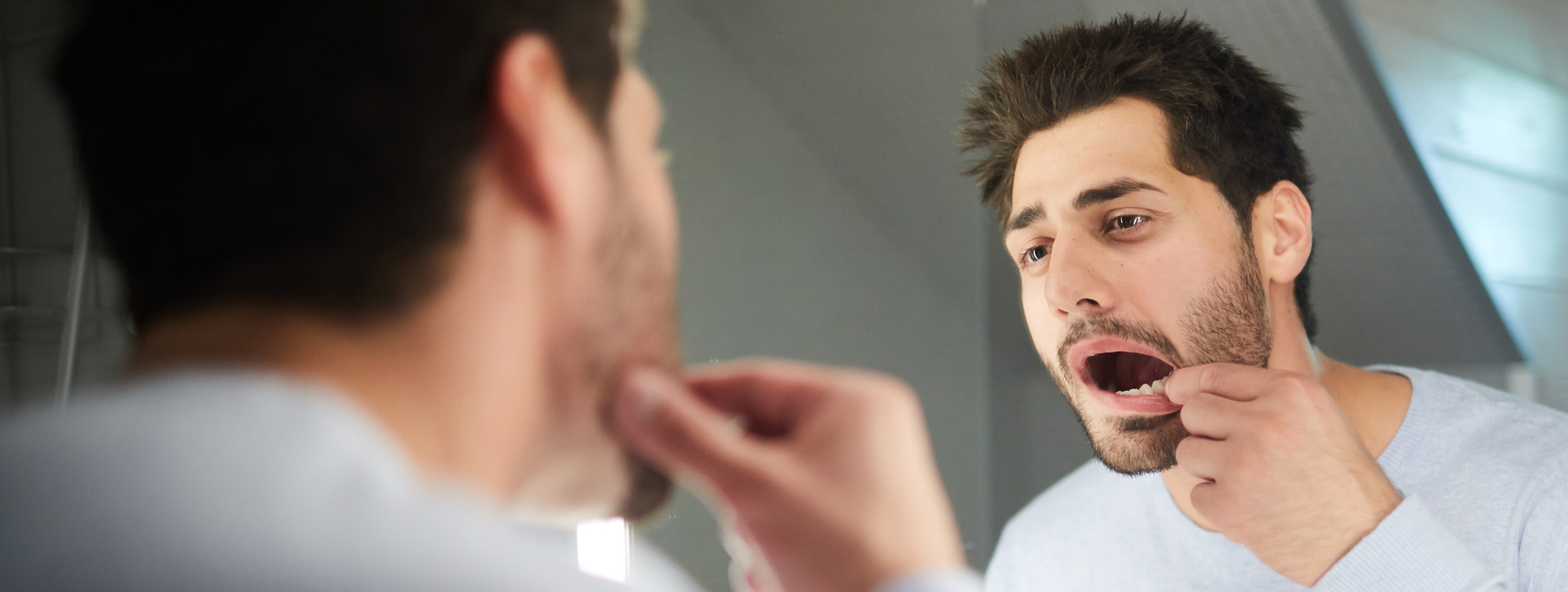 Mouth Cancer Action Month is organised every November by the Oral Health Foundation to raise awareness of the UK’s sixth most common cancer.
Mouth Cancer Action Month is organised every November by the Oral Health Foundation to raise awareness of the UK’s sixth most common cancer.
While it’s simple to spot the signs and symptoms of mouth cancer at home, not enough people are aware of what to look out for. This leads to late diagnosis and a more difficult treatment process.
In this article, we’ll explain more about what mouth cancer is, the signs and symptoms, how to check your mouth, and the ways that you can significantly lower your risk of developing the disease.
Facing the facts about mouth cancer
Take a look at the latest statistics compiled by the Mouth Cancer Foundation:
- 8,864 people in the UK were diagnosed with mouth cancer last year.
- 1 person is lost every 3 hours due to mouth cancer.
- In fact, mouth cancer kills more people in the UK each year than road accidents, or cervical and testicular cancer combined.
- Mouth cancer is twice as common in men than women, though the number of women being diagnosed with it is increasing.
- 78% of cases occur in people over 55.
- Despite cases of mouth cancer rising 49% in the past 10 years, only 17% of people are aware of the major signs and symptoms.
What is mouth cancer?
Mouth cancer, also known as oral cancer, is a tumour that develops on the mouth, lips, tongue, gums, tonsils, salivary glands, or pharynx. Mouth cancer develops when a normal cell begins to grow and reproduce uncontrollably.
What causes mouth cancer?
The causes of mouth cancer are:
- Smoking or using tobacco products
- Drinking alcohol
- The human papilloma virus (HPV)
The leading causes of mouth cancer in the UK are smoking and drinking alcohol. Both alcohol and tobacco are carcinogenic, meaning they contain chemicals known to damage cells and cause cancer.
Smoking any kind of tobacco product, like cigarettes, cigars or e-cigarettes, causes over 60% of mouth cancer cases. And 22-38% of mouth and throat cancers are caused by drinking alcohol.
While these statistics are alarming, it can be reassuring to know that you can significantly lower your risk of mouth cancer by making healthy lifestyle changes.
How to reduce your risk
Lifestyle factors play a role in 90% of mouth cancer cases, which means that you can significantly reduce your risk by:
- Quitting smoking or using tobacco products
- Reducing the amount of alcohol you consume
- Getting vaccinated against HPV
- Eating a balanced diet full of vitamins and minerals
- Protecting your lips from the sun with an SPF lip balm to prevent skin cancer
- Visiting the dentist regularly. Your dentist will check for signs of mouth cancer and alert you to any changes.
What to look out for
The ten-year survival rate of mouth cancer is between 18% and 57% depending on how early it is diagnosed, which is why it’s so important to look out for the following symptoms:
- A lump inside your mouth or on your lip
- Ulcers that don’t go away within 3 weeks
- Red or white patches on the lining of your mouth or tongue
- Pain inside the mouth that doesn’t go away
The 1 minute at-home check that could save your life
In addition to visiting the dentist regularly, you can quickly and effectively check your mouth for signs of cancer at home. All you need is a mirror. If you do notice any suspicious signs or symptoms, book an appointment with your doctor right away as early detection is essential.
Step 1: Inspect the inside and outside of your upper and bottom lip for changes, red or white patches, ulcers or lumps.
Step 2: Use clean fingers to feel along your lips and the inside of your cheeks – do you feel any swelling?
Step 3: Hold your tongue, checking both sides for ulcers, red or white patches, lumps or changes.
Step 4: Hold your mouth open and inspect the roof of your mouth and tonsils – are there any red/white patches, ulcers, lumps or changes?
Are you due a check-up?
Regular check-ups and hygiene appointments give you the peace of mind that everything is healthy and any problems are caught early. If you’re due a check-up or hygiene appointment, consider this your reminder to get booked in!
Book an appointment at Ringley Park, Reigate today by calling 01737 240123 or booking online.

